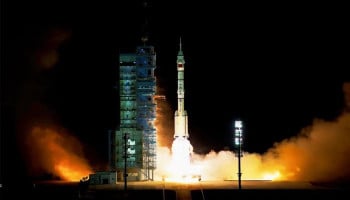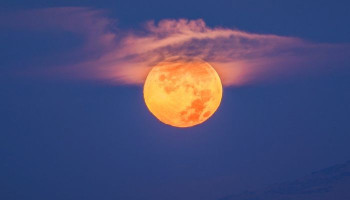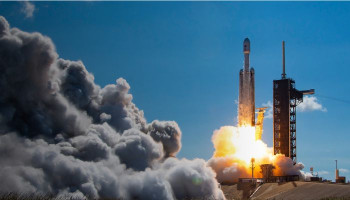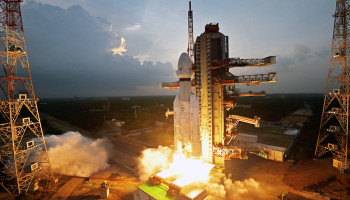
Although no indigenous people are living in Antarctica, there is a transient community of scientists and support workers who rotate through the region for a portion of the year.
Antarctica normally has about 5,000 inhabitants during the summer, but in the winter, that number reduces to barely 1,000.
Scientists witnessed the first stages of a common accent developing in Antarctica among its ever-changing population of scientists who spend months together at research stations on the isolated continent.
The majority of scientists are there to study climate change and biodiversity. This harsh environment has made it an ideal laboratory for studying some aspects of socio-linguistics, culture, and human behaviour.
In 2019, 11 "winterers" who were selected from the British Antarctic Survey participated in a phonetic analysis of their accents by a team from Ludwig Maximilian University of Munich.
This comprised eight individuals. Three from the north and five from the south of England as well as one each from Germany and the northwest of the United States and Iceland.
They recorded their voice at the beginning of the study, then made four more re-recordings at approximately six weekly intervals.
During this time, they were working closely together, socialising with one another, and having limited contact with the outside world. Throughout the stay, the researchers noticed significant changes in their accents.
Pronouncing words with longer vowels was one of the research group's biggest changes. Moreover, the group exhibited indications of innovative language use.
As their time in Antarctica came to a close, the locals began uttering "ou" sounds, such as those in the words "flow" and "disco," from the front of their mouths rather than their throats.
The changes in accent were subtle, but significant enough to be acoustically measured and even predicted by a computational model.
This study demonstrates how seclusion and close interaction provide the right circumstances for a new accent to develop quickly.
According to the research, whether they realized it or not, the winter residents of Antarctica, each of whom came to the continent with a distinct regional accent, started to significantly influence one another's speech patterns and mannerisms.
On a much smaller and shorter scale, it's essentially the same phenomenon that transformed the English accent into the American accent (or Australian, Canadian, etc.).
It asks what other novel accents might emerge in response to humans being introduced to new social environments. One scenario is the potential development of a Martian accent.
"The study shows that if you isolate a group of individuals, then they will begin to show the beginnings of a new spoken accent whose form depends largely on the accent characteristics of the speakers that went into the mixture," Harrington told IFLScience.
"We'd expect the same thing to happen if astronauts ever went on a mission to Mars."
















